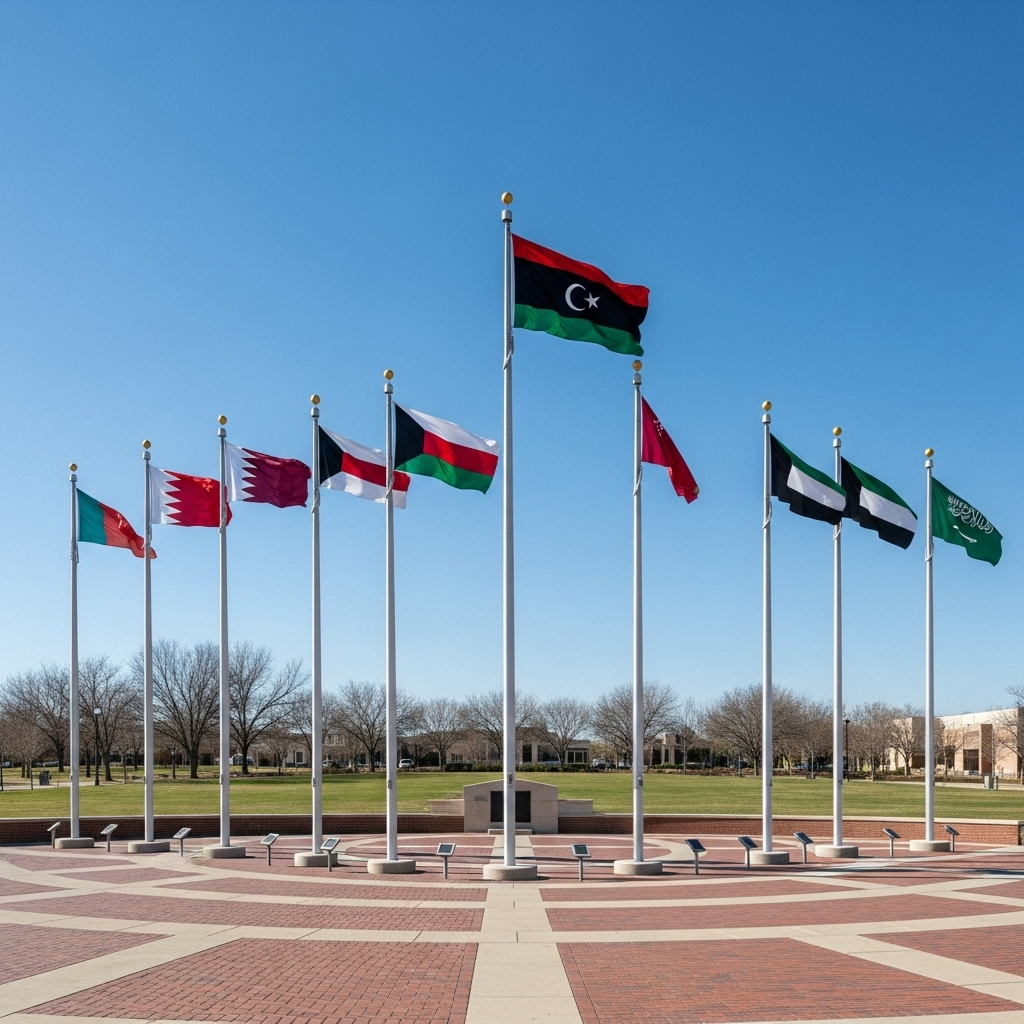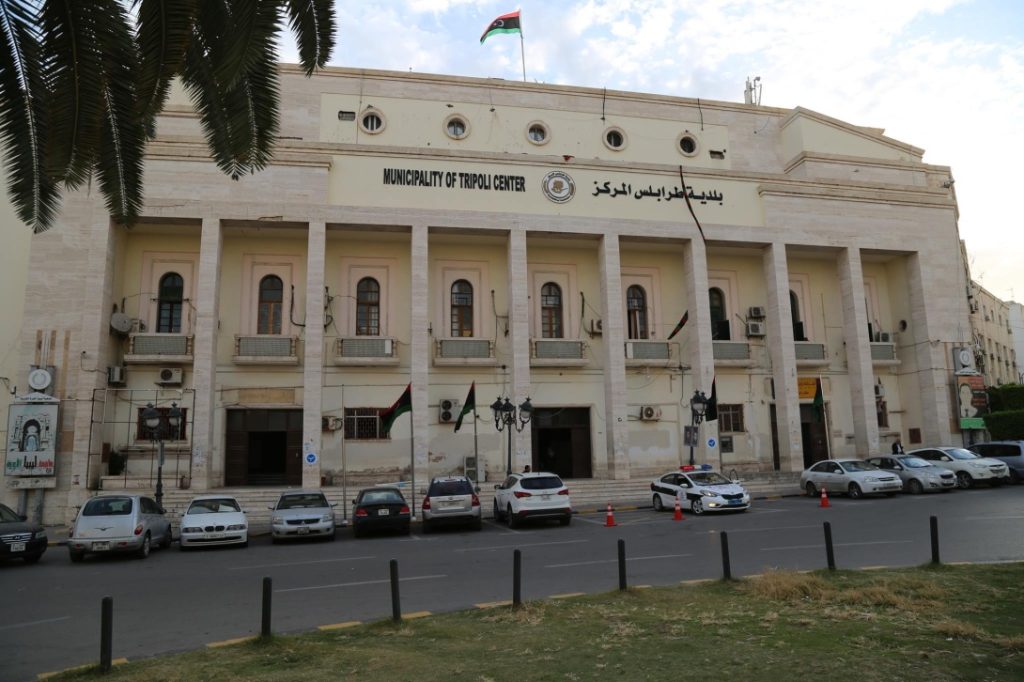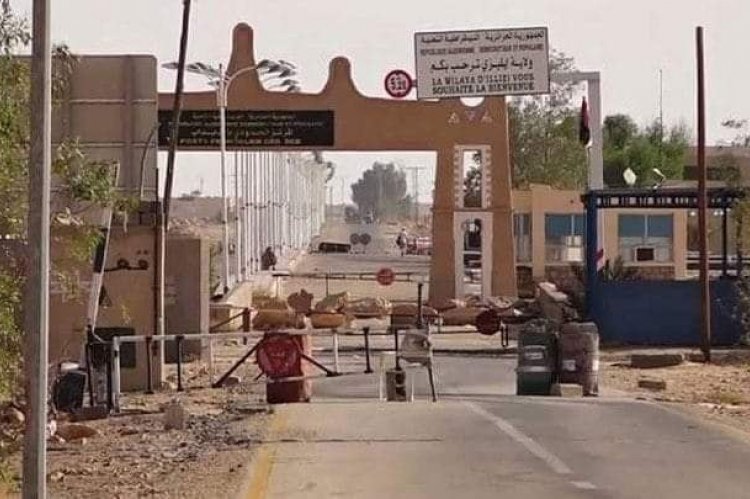Libya Gulf Relations and the Return of Regional Influence
Libya Gulf relations are entering a new phase that reflects both pragmatic diplomacy and shifting regional alliances. Gulf states are recalibrating their engagement with Libya, moving from competition to cooperation. The United Arab Emirates, Qatar, and Saudi Arabia are expanding investments while toning down ideological rivalry. For Libya, this evolution presents a rare opportunity to turn foreign interest into sustainable partnerships that support reconstruction, stability, and Mediterranean integration.
Economic Pragmatism Defines Modern Libya Gulf Relations
In the past, Libya Gulf relations were often shaped by competing factions and ideological alignments. Today, the focus has shifted toward investment, reconstruction, and practical cooperation. The Gulf States Institute observes that “Gulf engagement in North Africa is becoming less political and more economic,” a trend clearly visible in Libya.
Gulf capital is quietly returning to Libya through projects in energy, logistics, and real estate. The UAE’s investment arm has reopened talks with Libyan authorities about renewable energy partnerships, while Qatari and Saudi funds are exploring opportunities in port modernization and banking. These moves suggest that Gulf governments view Libya as a future hub in a more multipolar Mediterranean, an economic gateway linking Africa, Europe, and the Middle East.
Investment goes hand in hand with reform. Gulf investors are pressing for clearer regulation, stable property rights, and predictable returns. Libya’s Ministry of Economy and the Central Bank are drafting new investment rules to reassure partners. Transparent frameworks, supported by international institutions, could ensure that Gulf funding contributes to long-term national recovery instead of short-term political leverage.
Diplomatic Balancing and Strategic Autonomy
Libya Gulf relations are not only about economics, they are also about diplomatic balance. Tripoli and Benghazi are pursuing a measured foreign policy that engages multiple partners without overreliance on any single one. As the Carnegie Middle East Center notes, “Libya’s neutrality gives it bargaining power in an increasingly fragmented region.”
The Government of National Unity (GNU) in Tripoli has deepened ties with Qatar, focusing on financial cooperation and infrastructure. Meanwhile, the eastern-based Government of National Stability (GNS) has strengthened relations with the UAE and Saudi Arabia, emphasizing trade and security coordination. Despite differing partners, both sides share a pragmatic goal: to leverage Gulf investment and diplomatic support without surrendering autonomy.
This careful calibration has earned Libya renewed credibility. By engaging with Gulf powers while maintaining European and African partnerships, Libya demonstrates that multipolar diplomacy can serve its national interest. The country is no longer a passive recipient of foreign agendas but an active broker within a network of competing regional powers.
Energy and Infrastructure: The Economic Core of Libya Gulf Relations
Energy remains the central pillar of Libya Gulf relations. Gulf companies are showing interest in Libya’s downstream sectors, including refining, petrochemicals, and renewable energy. Joint projects under discussion include solar farms near Sirte and oil storage facilities near Tobruk, designed to serve both domestic and export needs. These ventures align with Gulf states’ own diversification strategies as they seek new energy footholds beyond the Gulf.
Infrastructure is another priority. Libya’s strategic ports and highways can anchor Gulf trade across the Mediterranean. Saudi Arabia’s Public Investment Fund and the UAE’s AD Ports Group have explored participation in developing Libya’s maritime logistics hubs, positioning them as nodes in trans-Mediterranean trade. Such initiatives reinforce Libya’s role as a connective economy linking Africa to the Gulf and Europe.
Libya, the Gulf, and the Multipolar Mediterranean
Libya Gulf relations fit into a larger realignment where no single power dominates. The United States’ reduced focus on North Africa and Europe’s energy diversification efforts have left room for new actors. Gulf countries, equipped with capital and geopolitical ambition, are filling that space. The European Council on Foreign Relations (ECFR) argues that “Gulf engagement in North Africa is reshaping the Mediterranean order into a web of overlapping partnerships.”
For Libya, this environment offers leverage. By engaging Gulf, European, and African partners simultaneously, it can attract diversified investment and political backing. The challenge is to coordinate effectively between eastern and western administrations to avoid parallel deals that dilute national benefits. A unified investment authority, proposed by Libya’s Ministry of Planning, could ensure equitable project distribution and financial transparency.
Risks and the Path Forward
The opportunities of Libya Gulf relations are balanced by real risks. Rival Gulf interests could resurface if Libya’s internal political process stalls. Competition among UAE, Qatar, and Saudi entities, though muted, remains possible. Without robust regulation, foreign investments risk reinforcing regional divides instead of bridging them.
Libya must also navigate global economic uncertainty. Falling oil prices or regional tensions could delay project financing. Domestic reforms such as banking modernization, anti-corruption measures, and property law updates will determine whether Libya can convert foreign engagement into lasting development.
A New Era of Strategic Partnerships
If managed wisely, Libya Gulf relations could become a cornerstone of national renewal. Gulf states bring not only capital but also logistical expertise and regional influence. Libya, for its part, offers geography, energy, and a growing sense of institutional resilience. Together, these factors create a partnership that is both pragmatic and transformative.
In a Mediterranean increasingly defined by multipolar cooperation, Libya stands at the crossroads of old rivalries and new opportunities. Its ability to maintain balance, attract investment, and assert autonomy will determine whether Gulf engagement becomes another fleeting moment or the foundation of a lasting strategic future.



